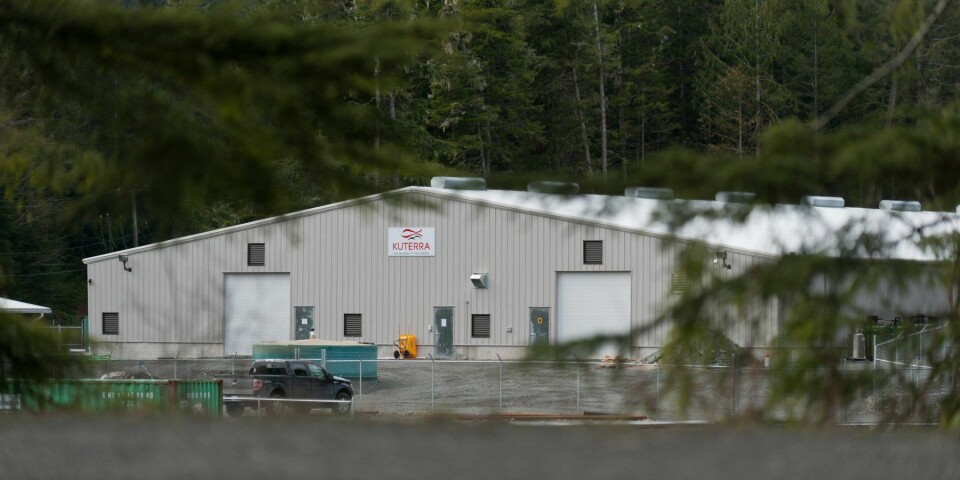
Salmon farmer still hoping to buy Kuterra despite First Nation vote
The company planning to buy a majority stake in the Kuterra on-land salmon farm in British Columbia has not given up on the deal despite rejection from the operation’s owner, the ’Namgis First Nation.
Emergent Holdings is the parent company of Whole Oceans, which is building an on-land salmon farm in Bucksport, Maine, in the eastern United States. It wanted to buy Kuterra to expand Whole Oceans to the western side of north America.
In a referendum last week, the ’Namgis First Nation voted 103-95 against the deal, even though it has been looking for a buyer for the facility for two years. Before the vote, the Kuterra board had recommended acceptance Emergent’s offer.

Continue to negotiate
In a statement, Emergent Holdings’ chief executive Jacob Bartlett said: “While we are disappointed with the vote by the ’Namgis First Nation, we will continue to negotiate with the Nation and hope to come to an agreement soon. In the meantime, Emergent will continue to grow out fish in the Kuterra facility over the next few years under a previous lease agreement.”
When the potential purchase by Emergent was announced in early June, Kuterra chair Eric Hobson said: “We’re delighted with the synergies between Emergent and Kuterra, which will accelerate our companies’ business growth and land-based industry growth, while advancing the mission of the ’Namgis First Nation to develop next-generation Atlantic salmon aquaculture on land.”
Whole Oceans president Jason Mitchell said at the time that the Bucksport project would benefit greatly from the deal.
“Given Kuterra’s successful proof of concept, we are excited to work with their experienced staff and gain valuable insights and synergies to advance our workforce training, as well as technological and marketing expertise,” Mitchell said in June. “We look forward to being part of a larger picture that will deliver fresh, premium salmon to both coasts of North America.”
Sustainable future
The first phase of the Whole Oceans development in Bucksport will create 50 jobs and produce 5,000 tonnes of salmon annually, increasing to 20,000 tonnes over 15 years.
The Kuterra operation is currently at a much smaller scale, producing around 250 tonnes of salmon annually. The ’Namgis, who say their identity is interlinked to the continuing existence of wild Pacific salmon, are opposed to open net pen farming and started Kuterra to show that land-raised salmon “is the future of sustainable salmon farming”. The SOS Marine Conservation Foundation is a project partner, and funding has come from philanthropic organisation Tides Canada.
According to year end fiscal reports, as of March 31, 2017, Kuterra had assets of $3,177,592 while having liabilities of $4,821,805. Revenues were $2,045,803 and there was a net income of $16,157.




















































